Charles Stark Draper Laboratory has been awarded a $66 million contract for Trident D5 guidance system test, repair and re-certification of inertial measurement units, electronic assemblies, and electronic modules.
A contract award notice states that funds in the amount of $63,766,000 will be paid by the United States; with the United Kingdom providing funds in the amount of $1,761,000.
According to a contract notification issued earlier:
“Charles Stark Draper Laboratory Inc., Cambridge, Massachusetts, is being awarded $65,526,930 for fixed-price-incentive, cost-plus-incentive-fee contract modification P00006 to a previously awarded contract (N00030-17-C-0008) for Trident (D5) MK 6 guidance system production with failure verification, test, repair and re-certification of inertial measurement units, electronic assemblies, and electronic modules.
The maximum value of the contract if all options are exercised is $370,175,927.
Work will be performed in Minneapolis, Minnesota (27.34 percent); Clearwater, Florida (25.19 percent); Cambridge, Massachusetts (24.39 percent); and Pittsfield, Massachusetts (23.08 percent), and is expected to be completed Jan. 30, 2021.”
Recently, NATO Secretary General Jens Stoltenberg, together with Representatives of the North Atlantic Council and members of NATO’s Military Committee, visited Her Majesty’s Naval Base Clyde at Faslane to mark the United Kingdom’s 350th nuclear submarine patrol.
“I welcome the UK’s strong contribution to NATO, from its commitment to defence investment to its operational deployments.” Mr Stoltenberg said.
Rear Admiral John Weale OBE, Head of the UK Submarine Service said:
“Our nuclear submarines are among the most complex machines ever built and ensuring that one is at sea continuously is a huge challenge. That the Royal Navy has completed 350 deterrent patrols without once breaking the chain is simply a momentous achievement.
Everyone knows that a chain is only as strong as its weakest link. Whether it is the dedication of our submariners, the expertise of our engineers and support staff, or the love of our families– each link remained strong throughout. I would like to thank the many thousands of people, past and present, who have contributed to this milestone. It is a testament to their hard work and commitment in helping to keep the UK safe.”
The Royal Navy say that continuous Trident armed submarine patrolling began in April 1969 with the Royal Navy’s submarines taking primary responsibility for the UK’s national strategic deterrent. Since then at least one Royal Navy ballistic submarine has been on patrol in the world’s oceans, ensuring a continuous at sea deterrent. Today the four Vanguard class submarines uphold the mission and between them have never missed a single day on patrol with Trident say the Royal Navy in a press release.






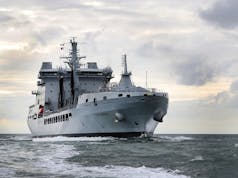
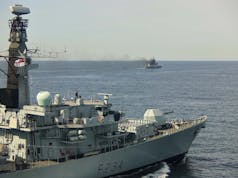
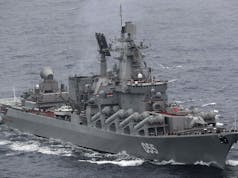
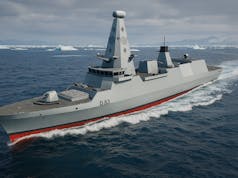

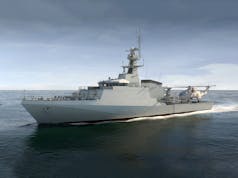

All things consider that’s pretty cheap. Not many market competitors I can imagine. Maybe the UKMoD (and the wider Government for that matter) should copy a lot more of the decisions made primarily by partner nations. Its not embarrassing to imitate when the decisions are good.
Like buying the F35 we are the only tier one nation because some Sir Humphrey had a bit of foresight and got listened to. We therefore get a cut of every unit sold. Proactive thinking with our NATO partners.
Ostensibly buying abroad when properly guided can create and secure jobs and security at home.